Critical date looming for Liberty Media’s huge $4.8billion MotoGP deal
19 Jun 2025 12:00 PM
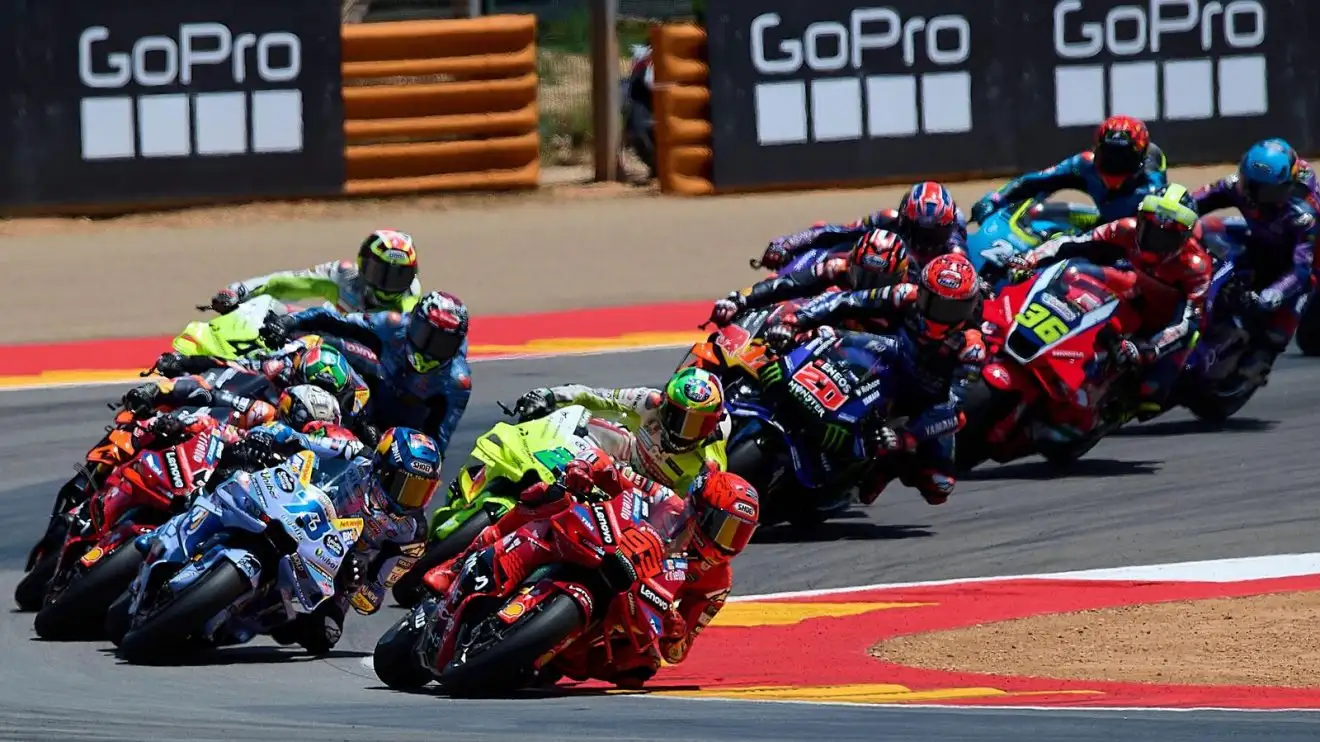
A decision on the investigation in Liberty Media’s MotoGP buy-out is poised to conclude.
A decision on Liberty Media’s attempted acquisition of MotoGP commercial rights holder Dorna is expected in the next two weeks.
First announced in April last year, the $4.83 billion deal has faced a number of hurdles, including an in-depth investigation by the European Commission that looks set to finally be drawing to a close.
Critical date approaches for MotoGP buyout by F1 owners Liberty Media
Liberty Media announced last April that it had agreed a deal with Dorna Sports to acquire 86 per cent of the company that owns the commercial rights to MotoGP.
That was subject to regulatory approval for foreign investment in a number of markets, in addition to clearance from the European Commission.
While publicly confident the transaction would complete quickly and without complication, it has instead seen the process drag out by more than six months.
Liberty Media initially hoped that the deal would be approved before the end of 2024.
That was despite antitrust concerns raised by the fact Liberty Media would control the world’s premier two- and four-wheeled motorsport competitions.
Greg Maffei, Liberty’s then-CEO, moved to emphasise that both F1 and MotoGP would be treated independently – quashing suggestions of shared weekends or either leveraging the other as a result of the common ownership, with Maffei insisting the only advantage being experience gleaned by the lessons learned in F1.
“We are going to not treat these as a bundle or try to bring them together in the market,” Maffei told an investor call last April, foreshadowing the antitrust concerns that followed.
“These are both separate properties. The things that we are bringing to the table here are not in any way leveraging the two.
“I think it’s pattern recognition and leveraging some of the learnings we’ve had from F1, and some of the opportunity we see to expose MotoGP, not in any way to leverage the two.”
Previously, CVC Capital was obliged to divest its interests in MotoGP after acquiring the rights to Formula 1 in 2006.
However, Liberty Media saw this as no hurdle. Renee Wilm, chief legal officer and chief administrative officer, suggested that decision was a result of an inability, or an aversion to push the matter at the time.
Wilm also reasoned that the sports market has changed in the years since and such a solution would now be more amendable.
“The CVC decision, which is almost 20 years old, was never really followed up on in terms of any kind of in-depth investigation or appeal process – they chose to just quickly close and move on,” she said last April.
“So I think when you factor in that we are going to engage very quickly with the regulators, making all the points that Greg just very clearly articulated, and also just noting the changes in the media landscape over the last 20 years, we’re pretty confident we can get this done quickly and get the transaction cleared.
“We will be filing with the EU. We’ll also be filing with UK, Brazil, and Australia for antitrust clearance.
“Secondarily, we will be making an FDI (foreign direct investment) filing for Spain and Italy, thinking those should be done pretty quickly and the anti-trust clearance should be obtained by the end of the year.”
Not all shared Liberty’s optimism, with Formula E founder Alejandro Agag voicing his concerns about the potential impact to European motorsport fans.
“From the point of view of competition law, I think there are significant challenges,” Agag told the Financial Times.
“The leverage that this merger will give the resulting entity in terms of negotiating with broadcasters will be significant and I think the European Commission will look very carefully at this deal.”
Agag’s concerns proved correct, with the European Commission initiating a ‘Phase II’ investigation into the deal.
From a Phase II investigation, three outcomes are possible: the merger is cleared either unconditionally or subject to remedies, or the merger is prohibited “if no adequate remedies to the competition concerns have been proposed by the merging parties.”
Teresa Ribera, executive vice-president for Clean, Just and Competitive transition, added: “By acquiring Dorna Sports, Liberty Media would hold the commercial rights to two of the most popular motorsports in Europe: Formula 1 and MotoGP.
“We need to more carefully assess whether this acquisition could negatively affect European broadcasters, for example in terms of increased license fees, and ultimately European consumers and motorsports fans through higher prices.
“We will at the same time openly consider any substantiated claims by the parties about possible benefits this acquisition might bring, for fans, the industry and for consumers.”
More on Liberty Media
👉 Who owns F1? All you need to know about Liberty Media and how F1 has changed since
👉 Concorde Agreement explained: Who signs it, what it means and why it’s vital for F1
Due to the size and nature of the businesses involved in the merger, the deal always required clearance from the European Commission.
However, only those where it is deemed additional attention is warranted progress to a Phase II investigation.
Announced last December, confirmation of the deeper probe into Liberty Media-Dorna deal stated that “The Commission has preliminary concerns that the transaction could lead to higher prices for the licensing of broadcasting rights for motorsports events hosted by both parties.”
It added that the Commission held “serious competition concerns in potential narrow national markets for the licensing of broadcasting rights for motorsports content in the European Economic Area (‘EEA’), where Formula One is the clear market leader in all European countries and MotoGP is most often its only competitor.
“The transaction may remove important competitive constraints between the parties on some potential wider national markets for the licensing of broadcasting rights for all sports content or possible segments of such markets. In particular, this is because it appears that Formula One and MotoGP compete closely.”
The Phase II investigation saw the deadline for any decision pushed out to May 14, a delay that cost Liberty Media $145 million in penalties simply to keep its hopes of completing the deal alive for a further six months.
Since then, the deadline has changed on three further occasions.
On January 22, a 20-working-day extension was granted, pushing the decision out to June 12. Only a month later, on February 21, the deadline was suspended as those involved had failed to provide information requested by the Commission within a prescribed deadline, and was restarted once that detail had been provided.
Termed a ‘stop-the-clock’ delay within the European Commission, that restarted on March 7, with a new deadline for a decision set for July 1
Despite those delays and published dates, a number of reports emerged in April that the transaction was poised to receive unconditional approval.
Claims that the deal was set for unconditional approval coincided with Liberty Media’s stock hitting a six-month low, having reached record highs in mid-February only weeks earlier.
While the European Commission’s Phase II investigation is scheduled to conclude on July 1, documents filed by Liberty Media note that they’ve agreed a new longstop date of June 30.
Should a decision not be forthcoming by June 30, the deal in its current form would collapse.
“We will continue to work with the European Commission as they progress their review and have agreed with the sellers to an extension of the longstop date to June 30, 2025 in order to accommodate the more in-depth investigation,” it wrote in the document submitted to the United States Securities and Exchange Commission.
“We believe that the European Commission will conclude that the transaction should be approved.”
Read next: Brad Pitt’s ‘tell us to f*ck off’ message to drivers before F1 movie filming


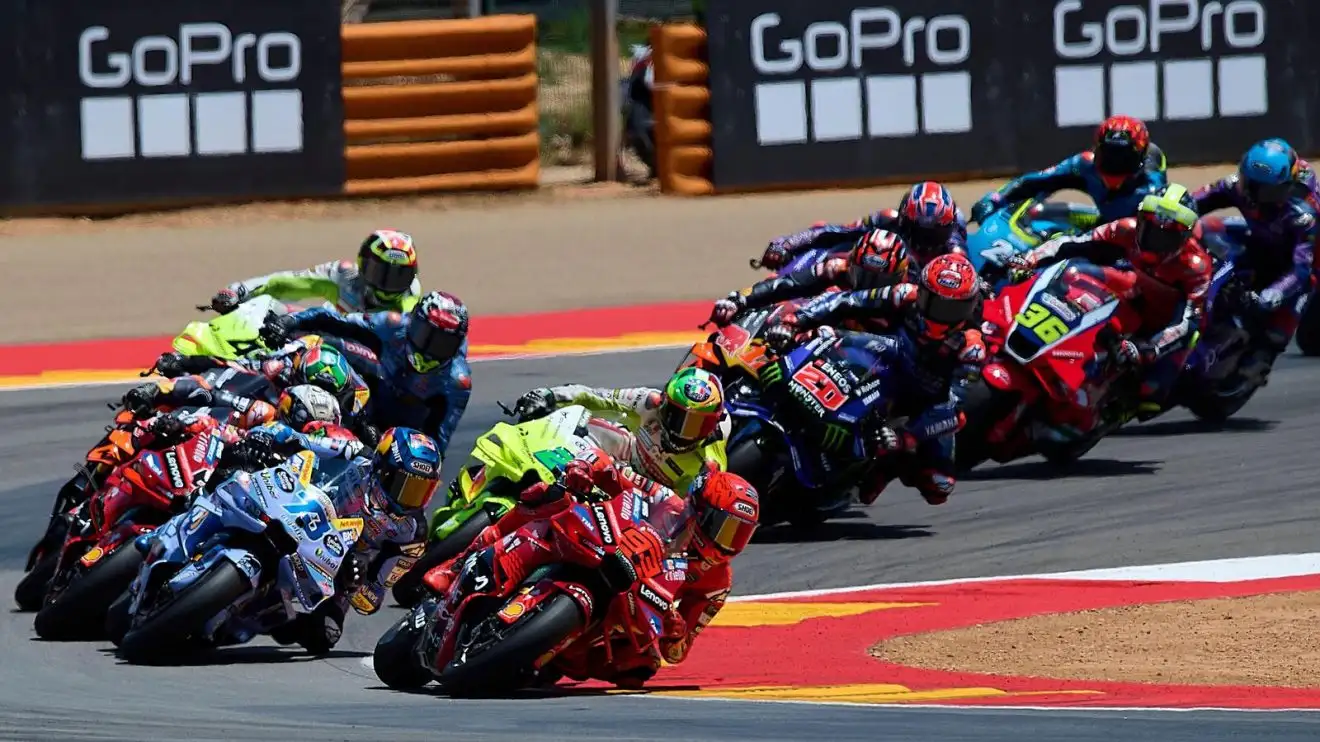
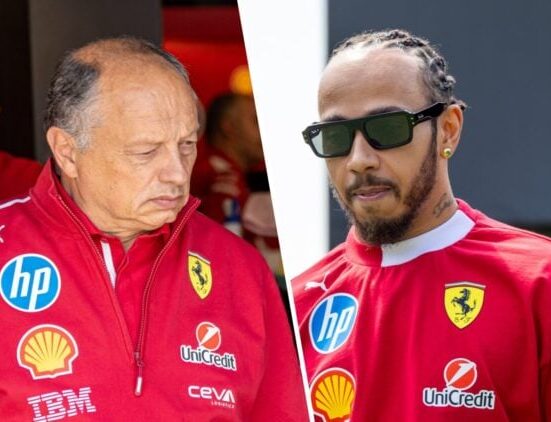
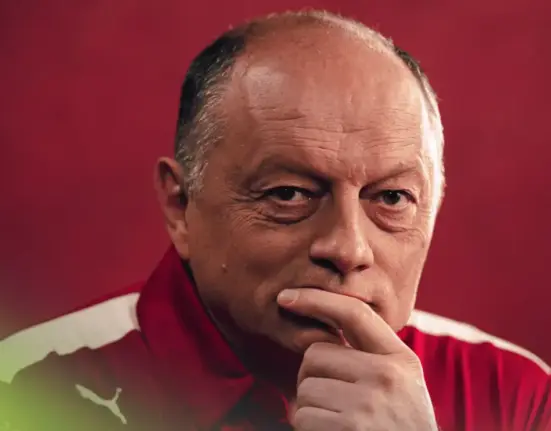

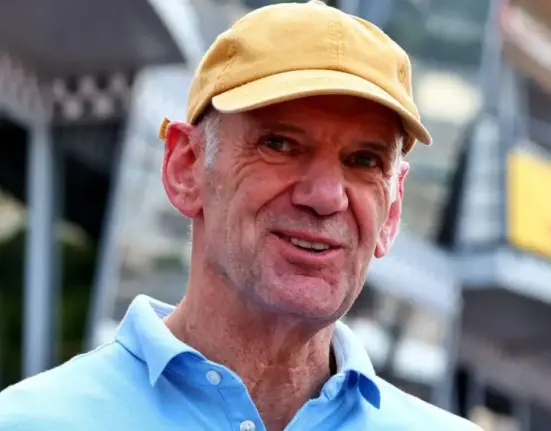
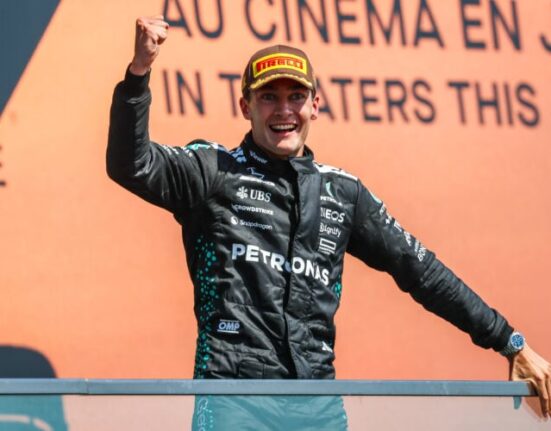

Leave feedback about this